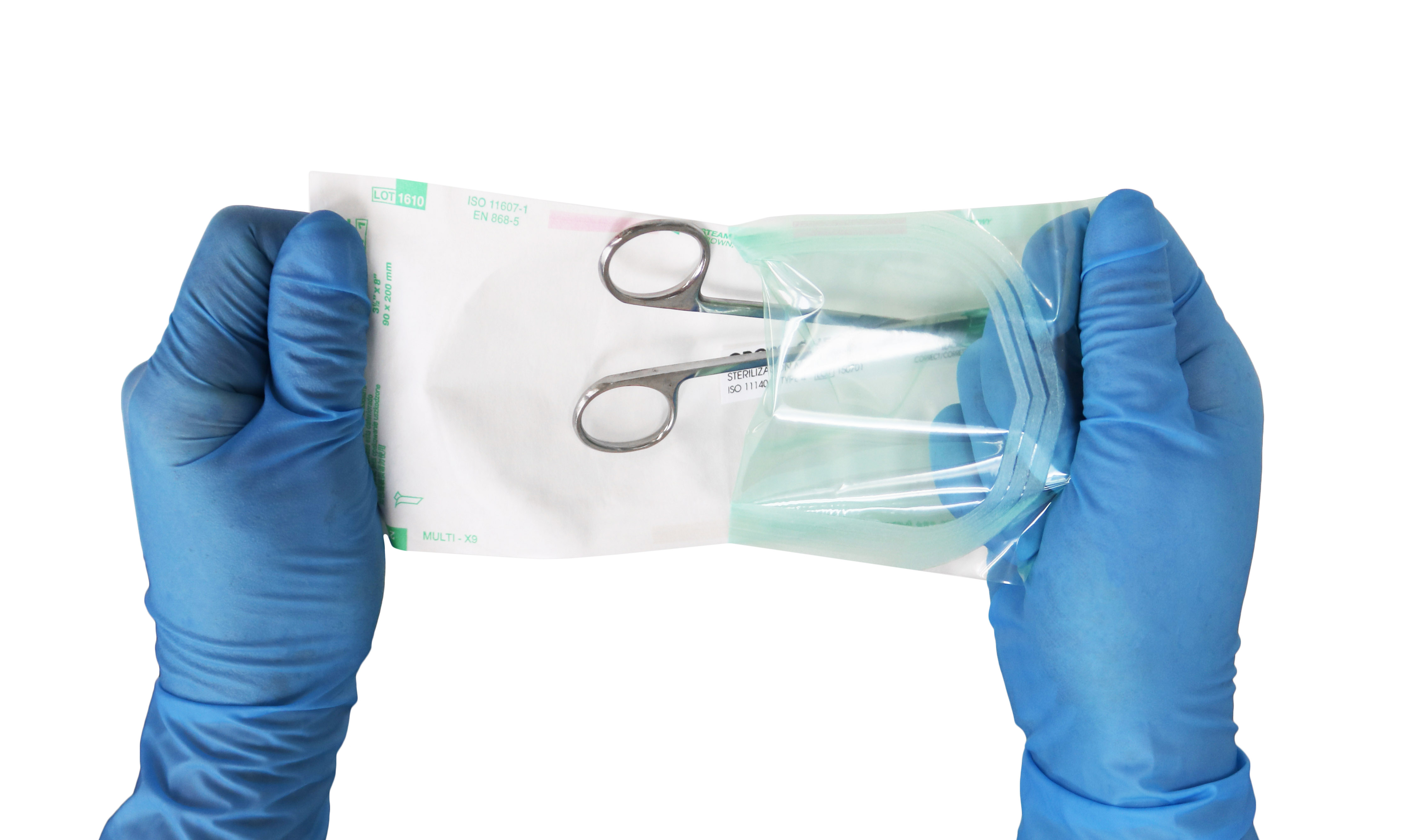IDENTITY THEFT – ISSUE NO. 38
February 1, 2010
Last week's story about counterfeit medical devices got me thinking about "identity theft." Unless you have been living on a desert island the last several years, you probably have heard the ads on radio and TV promising to protect you from identity theft. Heck, I'll admit it, I subscribe to one of those services. In truth, these services don't protect your identity, but rather are a tripwire in case someone tries to use your identity falsely. The identity tripwire is multi stage. First, the retailer is warned of a suspicious purchase attempt. Of course, this may or may not stop the purchase. The credit card company and/or financial institution is also warned of suspicious activity in your account. Then you as the subscriber are notified of any activity that is suspicious and given the opportunity to try and circumvent it or stop it. I had the experience recently when purchasing a cell phone service. I had to produce two utility bills just to prove I was who I said I was.
When it comes to medical devices and pharmaceuticals, there are a number of international efforts under way trying to create a system that will protect against counterfeit medical devices that if used might put a patient at risk. There is a group called the GS1 which is attempting to coordinate this global effort with unique identification systems for every medical device. Like the identity theft services, this effort won't prevent the manufacture of bogus devices, but it will act as a tripwire giving the user the opportunity to identify a fraud. Healthmark has some useful "tripwire" solutions too. Check out the coupon below for a free sample pack.
HAVE A QUESTION?
WE ARE HERE TO HELP
Have a question about our products? Contact us today to speak directly to a Healthmark team member or shop our catalog now to request a inquiry


